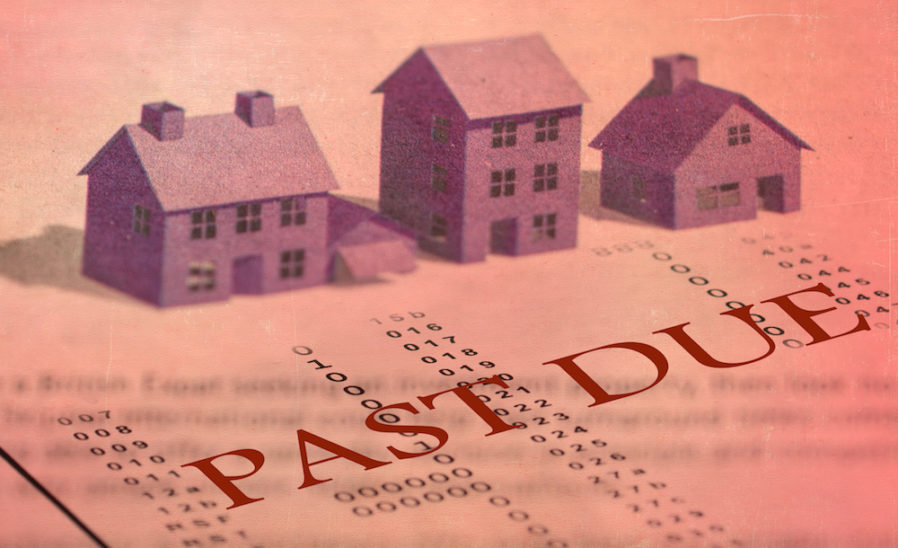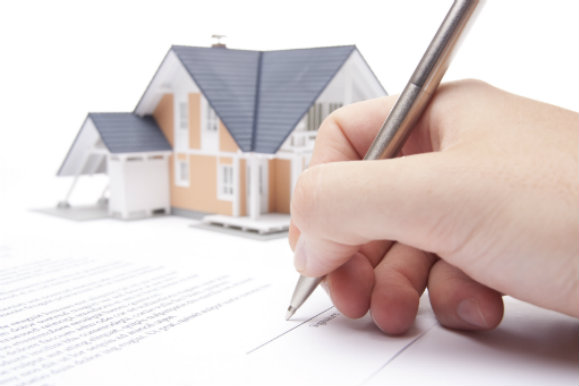7 Tips for Avoiding Foreclosure

The loss of a job, divorce, a medical emergency or death of a family member can put homeowners in a financial bind. You worked hard to buy your house and make it your family’s home. Don’t let it get to the point of having the bank begin foreclosure proceedings! Here are some tips to help you save your home:
-
- First and foremost: call the bank before you begin missing payments! If you have equity in your home, this is especially important. Once payments are late, or the lender has filed a notice of default, they will be reluctant or unable to work with you.
-
- Several agencies offer free credit counseling and can direct you to someone who can assist you with getting those finances in order. The HUD website can put you in touch with a local counselor, or find helpful foreclosure information through the National Foundation for Credit Counseling®.
-
- Keeping your mortgage payments current is more important than paying credit card bills! Sure, late credit card payments will affect your credit score, but a foreclosure will do far more damage to your rating. Once you get caught up with the house payments, pay off the credit cards as soon as possible.
-
- Do you have any assets you can sell? Letting go of expensive items that you’re not really taking the time to enjoy--a boat, for instance--can certainly cut monthly expenses, and any proceeds can go to your loan.
-
- In case you’ve already gotten behind, open every piece of mail that comes from your lender. Many times, they’ll offer options as soon as the first payment is overdue, because they don’t want to foreclose on your loan as much as you don’t want to go into foreclosure.
-
- Resist any “quick-fix” offers you see on the internet, television commercials and junk mail, or even from so-called investors. These “rescue mortgages” could be a scam and will cost you your home faster than a foreclosure can take place.
-
- If you see that you can simply no longer afford your home, get advice from an attorney whose specialty is foreclosure, as most will do a one-time consult at no cost. You may also contact Legal Aid for a pro bono lawyer if you can’t afford it.
Don’t be embarrassed about reaching out to your mortgage company and letting them know you’re going through a rough patch. Being proactive before the installments become overdue will allow more options to be available. Your house is your most important investment, and its home. Do what you have to in order to keep it.
Courtesy of New Castle County DE Realtors Tucker Robbins and Carol Arnott Robbins.
Photo credit: housingwire.com







